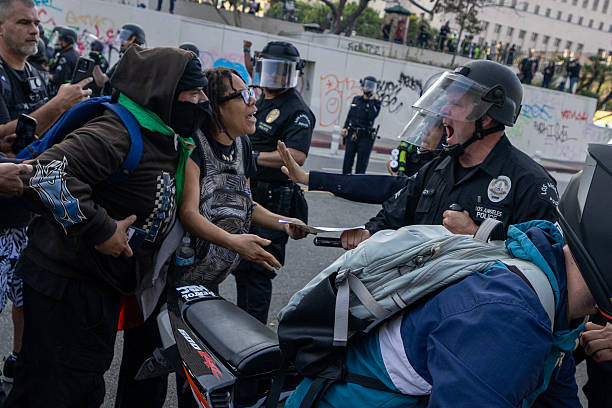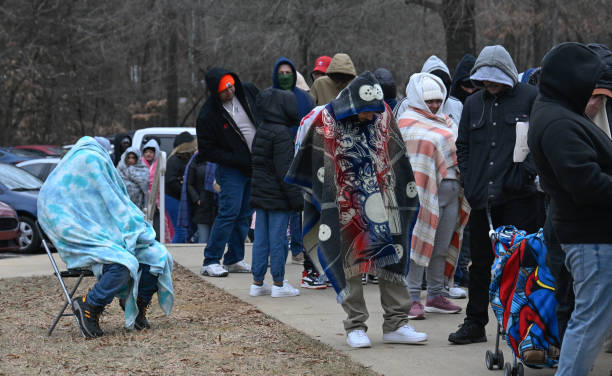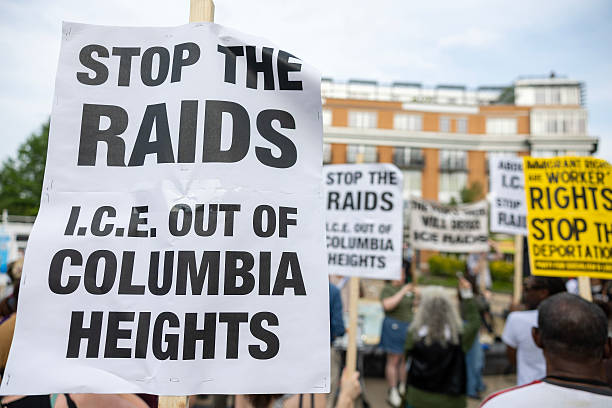The Trump administration has turned to the U.S. Supreme Court in an effort to reinstate aggressive immigration stops in Southern California, challenging a lower court order that sharply limits how federal agents can operate in the region.

The emergency appeal comes after the Ninth Circuit refused to lift a temporary restraining order issued by U.S. District Judge Maame E. Frimpong. Her ruling, prompted by lawsuits from immigrant advocacy groups, prohibits agents from detaining individuals based solely on language, workplace, or locations often associated with day labor—criteria she said were being used to unlawfully target Latino communities.
Frimpong, a Biden appointee, cited “a mountain of evidence” that federal officers engaged in unconstitutional “roving patrols” which ensnared not only undocumented immigrants but U.S. citizens. Among them: Los Angeles resident Brian Gavidia, whose June arrest was caught on video as he protested, “I was born here in the States, East LA bro!” He was freed after showing identification, as was another citizen stopped at a car wash.

Solicitor General D. John Sauer argued that the restrictions “straitjacket” immigration enforcement in a region the government considers a top priority, insisting that factors like language or occupation—though not definitive—can lawfully heighten suspicion when enforcing immigration laws. He also accused the district court of overstepping by imposing a region-wide injunction rather than limiting relief to the plaintiffs.
The Justice Department maintains that agents target individuals based on unlawful presence, not race or ethnicity. But critics say the administration’s approach mirrors a pattern of racial profiling, with Los Angeles emerging as a flashpoint in Trump’s broader immigration crackdown—a campaign that has previously drawn protests, legal battles, and even deployment of military personnel to the area.



